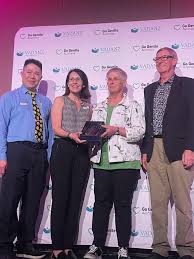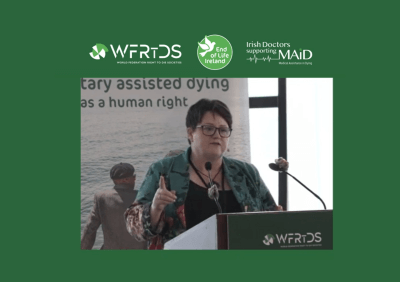Photo by Nazym Jumadilova on Unsplash
I had met him at some community events in the past. He was the father of a friend of hospice. I remembered his warm friendly smile. He had devoted most of his life to helping people in his community in his leadership role. People he had taught when they were children had grown up and had become leaders in their own right. A gentle humble man who gave generously of his time. At the end of one of the gatherings he had played his ukulele and had sung his mother’s favourite song. Not everyone in the room could understand the lyrics but his singing transmitted feelings directly into our hearts.
During those first meetings he might not have understood the meanings of words such as palliative care, end-of-life care, palliative medicine, hospice, specialist palliative care, holistic care, or symptom management but he had provided similar care in his own pastoral roles. Death was nothing to be feared, it was a natural part of life. His faith had always been strong and he had guided many community members through their lives and deaths over his long career. Leadership by example had always been his greatest strength.
Went I went to see him again at his home, some things were different, other things were the same. The same memorable smile was still framed by his legendary moustache. Even the one who speaks for the trees would’ve been impressed. If the moustache was fundraising for Movember it would’ve collected many donations. The moustache was still well-groomed, but the face around it had shrunk, the weight loss was obvious to even non-medically trained eyes. He looked tired and frail. His appetite had declined as had his energy levels. He needed to sleep more and walking had become more difficult. He wouldn’t admit to much pain, but his family knew there had been a lot. His children were parents themselves but he still tried to protect them from his suffering. “I’m fine, don’t worry, I’m okay.”
In the presence of his family I greeted him in his language and tried my best to use the small handful of words I knew. The main message I wanted to convey was that I would listen to him. I would be guided by what he wanted, or didn’t want. He was the driver, I would be his GPS. I asked him his views on hospital, he hadn’t wanted what they had offered years ago, and he didn’t want it now. He wasn’t at all surprised when I told him his illness was worsening and he might not have much time left to live. He promised not to put up with pain any more and that he would accept our palliative care. Before we farewelled each other he motioned for his ukulele. As he sang his mother’s song again his energy levels rose with each verse, leaving his audience gulping down their tears. “Thank you my friend, see you later.”




